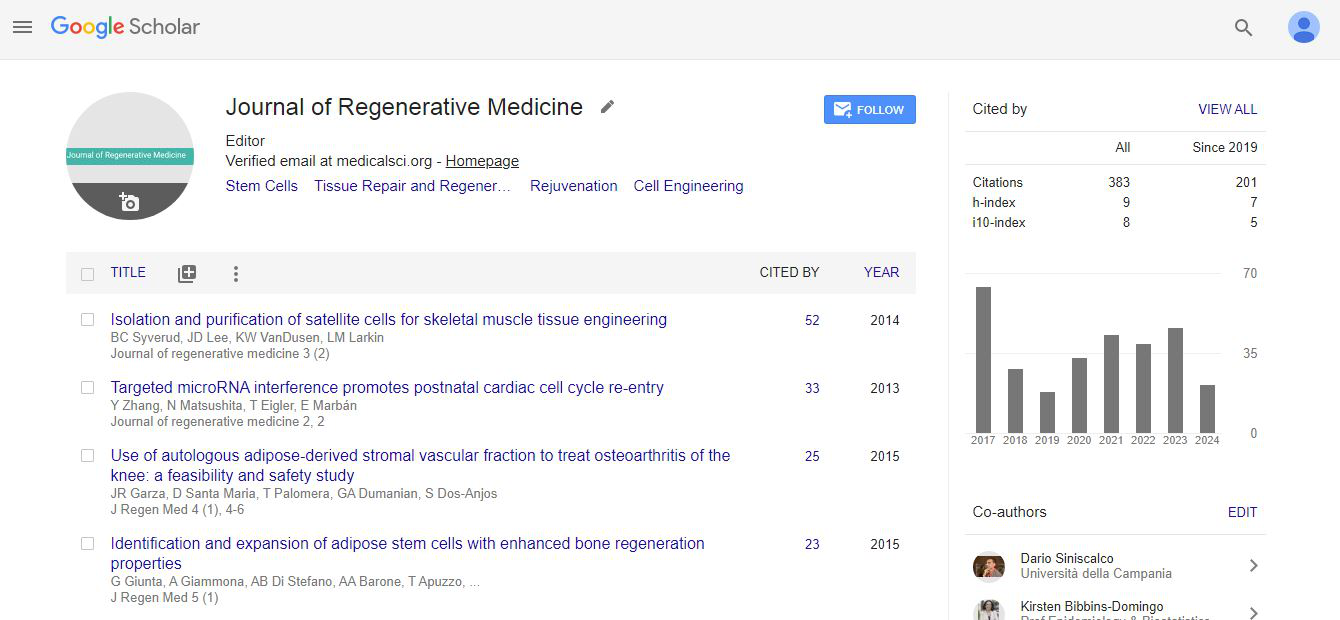Protocol for management of impetigo in Uganda. A pilot randomized controlled, single blind, triple dummy, pragmatic clinical trial
Bahati Amon
Kabale University, Uganda
: J Regen Med
Abstract
Introduction: Impetigo is a superficial bacterial skin infection that is highly contagious, caused by Streptococcus pyogenes and Staphylococcus aureus. It affects children commonly aged 2-5 years old. Despite impetigo being regarded as neglected disease, its standard management in Uganda with oral and topical medication is associated with delayed cure, poor compliance and re-lapse which result in progression to heart and kidney diseases. This study will use Benzathine injection in randomised controlled trial to assess whether there is increased clinical cure, compliance, reduced relapse and test hypothesis if Benzathine treatment is non inferior to the usual oral and topical treatment for impetigo. Methods and materials: The study will be conducted among 2-5 year old children with impetigo attending Busanza HC IV, Kisoro district. The study will adopt a Single Blind, triple dummy, non-inferiority, parallel, randomized controlled trial, Pragmatic design of 6 months duration. With sample size of 59 in each arm. Control arm will receive oral Amoxicillin and intervention arms will receive topical tetracycline and Benzathine injection. Analyses will be conducted for a modified intent-to-treat and clinical cure will be primary outcome then Relapse, adverse drug reaction and compliance as the secondary outcome variable. Differences between groups will be assessed using a chi-square, then T-tests, and Fisher’s exact tests for dichotomous variables. ANOVA will be used to compare changes in outcome variables and differences in groups will be assessed using Wilcoxon rank non-parametric tests with Hodges-Lehmann estimates at 95% confidence intervals. Predictors of treatment success will be assessed by backwards, stepwise random-effects and logistic regression performed on variables identified between randomisation groups Results: Findings will be described and presented in tables, graphs, charts, percentages and rates according to each objective. Recommendation: The study may, recommends designing and implementing impetigo protocol management in skin health care services in Uganda. Conclusion: When impetigo is not well managed, it may lead to complications like Rheumatic heart disease and renal failure which are expensive to manage and associated with high mortality.
 Spanish
Spanish  Chinese
Chinese  Russian
Russian  German
German  French
French  Japanese
Japanese  Portuguese
Portuguese  Hindi
Hindi 